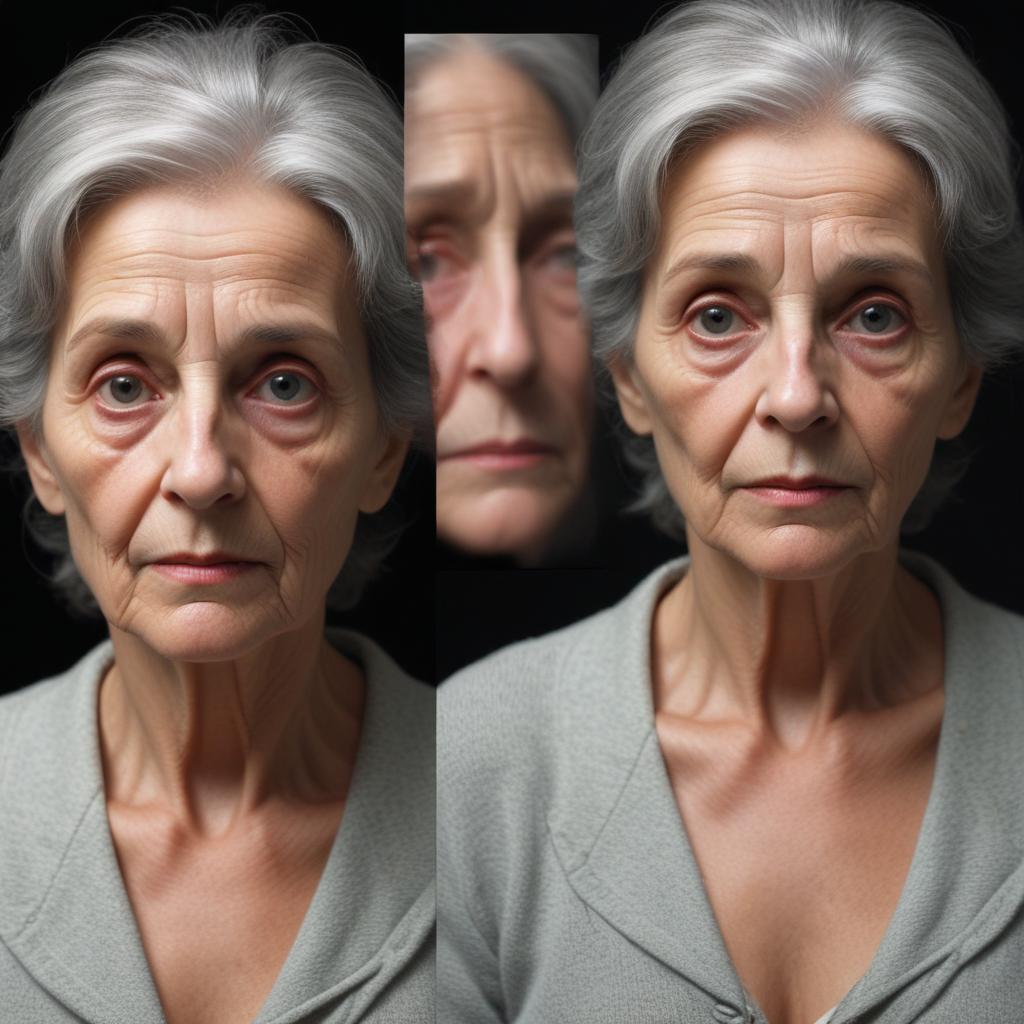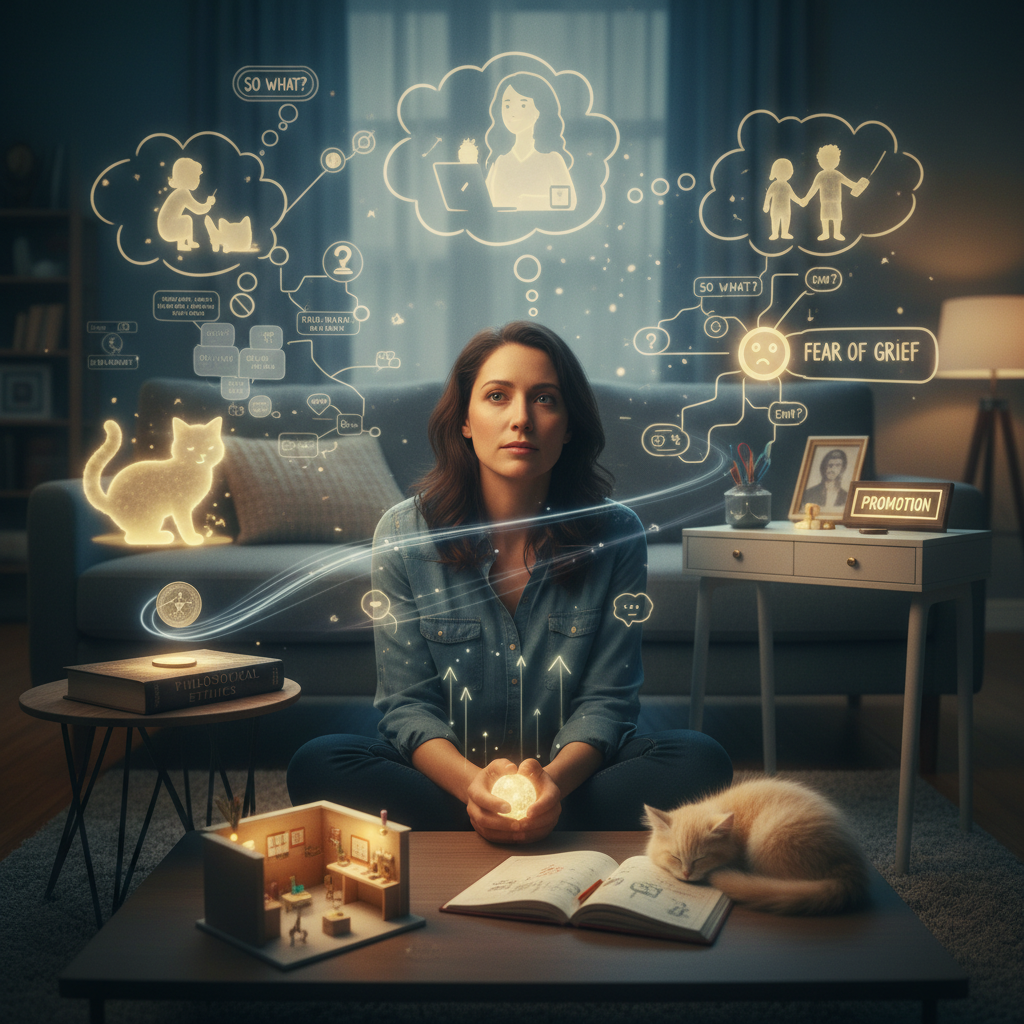An author explores their lifelong experience of 'recognizing' strangers, consulting experts and undergoing facial recognition tests. They discover they are a 'borderline super-recognizer' and delve into conditions like hyperfamiliarity for faces, revealing the complex interplay of memory, emotion, and perception in how our brains process faces.
The author recounts a lifelong experience of 'recognizing' strangers, sometimes pinpointing who they resemble (like a deceased grandmother) and other times feeling a vague familiarity. Intrigued, they ask friends, revealing varied experiences from similar encounters to none. To understand this phenomenon, the author consults cognitive neuroscientist Joseph DeGutis and undergoes facial recognition tests, including the Cambridge Face Memory Test and an old/new faces task. The results classify them as a 'borderline super-recognizer' with an unusually low 'false alarm rate,' meaning they rarely mistake new faces for old ones despite their strong memory for faces. DeGutis suggests the author's strong ability to individuate faces (assign traits) and being an 'active face perceiver' might explain why they notice resemblances more often. The article then delves into Hyperfamiliarity for Faces (HFF), a rare syndrome where unfamiliar faces appear familiar, often triggered by neurological events. The author learns about Jenny, a zookeeper who developed HFF after unusual migraines, leading her to perceive everyone as familiar, causing significant distress. Brain scans of Jenny during a Game of Thrones experiment showed her medial temporal lobe (crucial for memory and familiar face recognition) lighting up as if she knew the characters, despite never having seen the show, mirroring her real-life experience. The article highlights the spectrum of facial recognition abilities, from 'super-recognizers' to those with 'prosopagnosia' (face blindness), and how these conditions impact daily life, often leading to social anxiety for prosopagnosics. Researchers like Brad Duchaine are studying these phenomena, emphasizing that facial recognition is still poorly understood, involving intricate connections between vision, memory, and emotion. The author concludes by embracing their quirk, finding comfort and insight in these 'mirages' of familiarity, and advocating for greater awareness of the diverse ways people perceive and recognize faces.



